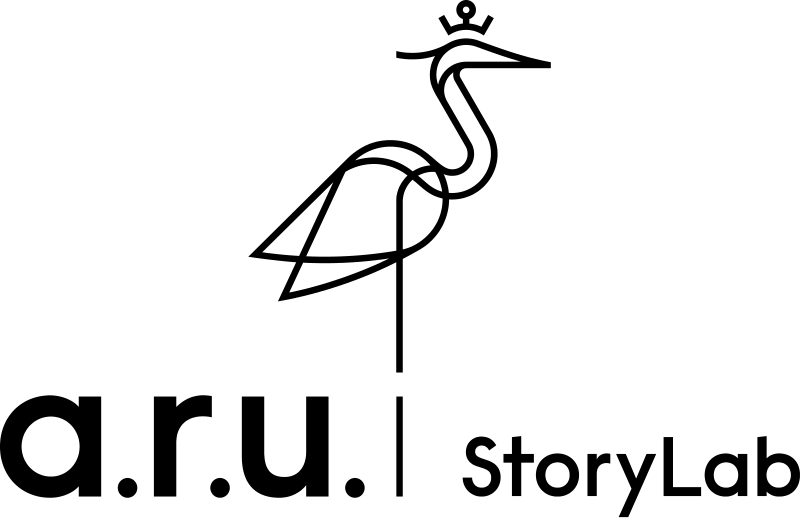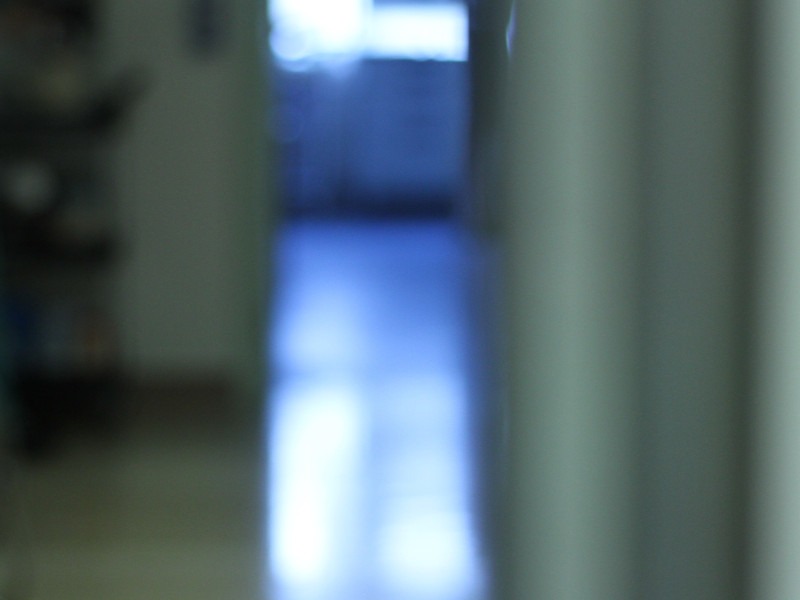from The Frontline
Cambridge, UK
Welcome to my world
The coronavirus is very small. Yet it has magnified aspects of our life beyond all recognition. It takes the collapse of the airline industry to make us realise how much we are all flying. The rise of Zoom speaks to a core part of our humanity to make contact with fellow human beings. We seem to have an insatiable desire for toilet paper.
There is one aspect of life which, over the past 2 months, has topped every news bulletin. Our health and in particular all the healthcare workers, who we rely upon when we are not well. We are getting a glimpse into the world of intensive care. We are all becoming amateur epidemiologists, immunologists and virologists. We are told that we are ‘following the Science’, and discovering that rather than being the Tablets of Stone from which the truth will emanate, Science and Medicine turns out to be a world of argument, conjecture and contradictions. Welcome to my world.
I am a neonatologist, or a baby doctor. I spend 50% of my time working clinically on a neonatal intensive care unit and 50% undertaking research into understanding brain function in the newborn. I feel like I am on a beach which has been evacuated due to a storm raging out at sea. This Cornavirus, for whatever reason, does not appear to affect children and newborn infants in the same way it does the elderly and vulnerable. Unusual for a respiratory virus, but that is one very tiny positive fact about this wretched disease. What it means for me personally, is that I have had to adapt when at work on the neonatal intensive care unit (NICU), wearing face masks, attempting to socially distance (which can be a challenge when resuscitating a baby in an incubator) and donning full PPE to attend deliveries. Parental visiting is restricted which must be heartbreaking for families attempting to deal with the already traumatic experience of having a baby on the NICU, but their understanding and resilience is humbling. As ever, the nurses are the ‘hero’s’ on our unit, looking after the babies and providing the vital human touch these little lives need. But what we experience in the NICU is very different to what is going on not far from where I work, on the adult ICU. As an Intensivist I am familiar with critically ill patients; having to make life and death decisions; dealing with grief. Oh and ventilating patients. But the scale and intensity our adult colleagues are experiencing currently is difficult to comprehend, even to someone familiar with the terminology, the pumps, the alarms.
Intensivist’s have to deal with uncertainty, complexity and end of life. We are given a set of facts, make some observations and having made a judgement enact a plan based on our experience, our knowledge (and the joy of intensive care is that ‘our’ is plural as this is very much a team game) and for the most part very inexact evidence from the Scientific Literature.
Isaac Newton is often misquoted as saying ‘If I have seen further it is by standing on the shoulders of Giants’ (the quote probably originated in the 12th Century in France). But what was seen as scientific certainty in the seventeenth century was turned on its head by Einstein in the 20th. But Einstein would not have come up with his theory of relativity without the groundwork of Newton. And who knows in the future if some bright spark turns Einsteins work on its head. If he or she does (and I do hope it will be a she), there will be a lot of argument, debate, dismissal and disbelief before the new theory is taken as the Truth. That is how science works. Science is a rough approximation to the best of our knowledge at the time of how to describe the world around us. Scientists are like sculptors, each having a go at the vast marble block of knowledge, chipping away, revealing another exciting facet. But we have a long way to go before we know the truth.
I spend the other 50% of my job undertaking research into developing technologies to study the newborn brain. I work a lot with physicists, engineers and psychologists. I would like to think I have some exposure to the scientific method. So I laugh when the politicians say they are ‘Following the Science’. Who are they following? A group of diverse individuals who – if my experience attending international conferences is anything to go by – take delight in shredding each other’s work apart, picking holes in hypotheses and arguing about statistics. And that’s how it should be. Without robust debate, intense scrutiny and analysis Science would descend into opinion, doctrine, and ideology. One does not ‘Follow the Science’. One applies a Scientific Method. And that involves listening, learning, challenging and critiquing. And then, like the Intensivist, the Virologist or the Epidemiologist make a valued judgement and come up with a decision. Which may be right, which may be wrong, which may need to be revised if new data emerges. Like a child in secondary school, marks will be given for showing your working. It would help if our politicians perhaps were more open and transparent about how they were coming to their decisions. The media would do well not to jump to conclusions and seek blame at every opportunity. As a doctor I find the parents of my patients are very accepting if you explain to them how you have come about a management plan for their baby: by weighing up evidence, balancing risk and applying it to an individual. Every baby, every situation is unique.
Should we have locked down sooner? What is the true infection fatality rate? What are the risks in vaccine development? Which is the best ventilation strategy? Are antivirals effective in ICU? When should we open schools? Should we inject bleach? Only one of those questions has a definitive answer. I do not claim to be an expert in epidemiology, adult ICU or virology. But I do know that the answers to the other questions are complex and judgements may have to be made on limited evidence. With regard to coronavirus, the disease is new, the situation unique, the data limited. Initial best guess decisions make way for more evidence based conjectures. The marble block of knowledge is slow to reveal her truth.
And guess what – sometimes we get it wrong. As a doctor we have a duty of candour. That is we have to be honest when something goes wrong. It is about being open, honest and transparent. And in my experience parents understand we are human and mistakes can be made. But they appreciate open and honest conversations rather than diversionary tactics, blame or worse, lies. In Science and in Medicine a lot rests on your credibility and integrity.
As a society we are all getting a rapid induction into my world. And it is important to understand this world with all the complexities, conundrums and dilemmas we face; whether it is trying to understand what our data is telling us or how best to look after a critically ill patient.

